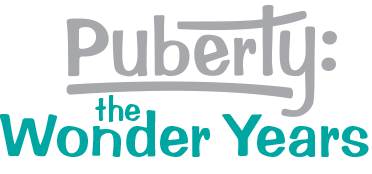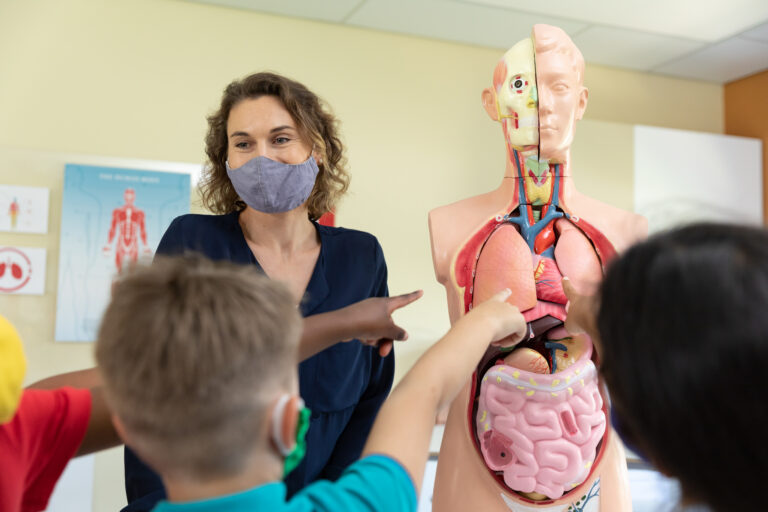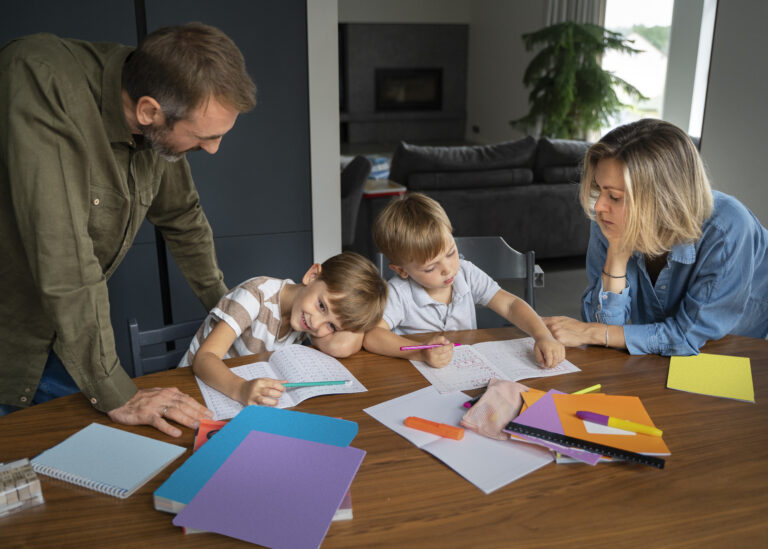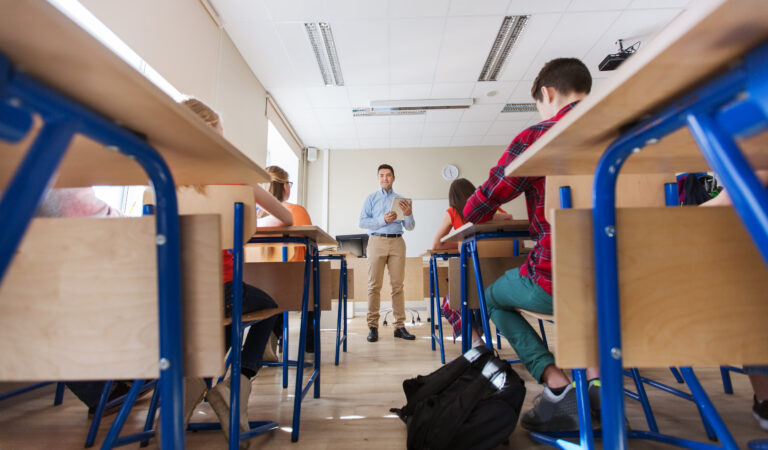Sexual Health
According to the World Health Organization (WHO), “Sexual health is a state of physical, emotional, mental and social well-being in relation to sexuality; it is not merely the absence of disease, dysfunction or infirmity.” This means that puberty education in Australia must include multiple facets, not just physical changes.
Puberty education is a subset of the larger topic of sex education, which is often called relationships and sexuality education (RSE) Australian schools. Puberty education focuses on the developmental stages that happen as children begin puberty, most often in years 4 to 7.
Support for Sex Education
A 2022 study revealed that 94% of Australian parents said they wanted relationships and sexuality education delivered in government schools. The survey also suggests four in five Australian parents support gender and sexuality diversity education in schools. [1] Another study reveals that most parents want more sex education taught and want that instruction to begin in earlier grades than it currently begins. [2]
Sexual health educators and advocates have identified the following key issues for young people in Australia:
- high rate of STIs
- gender-based sexual violence
- respectful relationships
- sexual consent
- digital literacy and online safety education
- equity for young people from diverse cultural and religious backgrounds, and gender and sexually diverse young people
What Students Say
Australian students have long said their sex education often lacks relevance. In a 2016 survey of Victorian and South Australian secondary school students, students said they were more interested in gender diversity, violence in relationships, intimacy, love, and sexual pleasure than the “plumbing” information. [3]
Over 95% of young people reported that they believe relationships and sexuality education (RSE) is an important part of the school curriculum, and 93% reported receiving RSE at school, usually in Years 8 and 9. However, only 24.8% reported that their most recent RSE class was very or extremely relevant to them. LGBTQ+ students find RSE even less relevant than heterosexual or cisgender students. [4]
Young people reported that their RSE classes most often included these topics:
- puberty (71%)
- correct names for sexual body parts (68%)
- female reproduction (64%)
- respectful relationships (61%)
Young people commented that they would like RSE to include these topics:
- gender and sexual diversity
- masturbation
- pleasure
- how to talk to sexual partners
- consent
- where to seek help about sexual health [5]
Sex Education in Australian Schools
In Australia, sex education is under the jurisdiction of the 6 states and 10 territories and is often called relationships and sexuality education (RSE). Australia has a national curriculum that includes sex education which falls under the Health and Physical Education key learning area. However, states and territories implement the national curriculum, including sex education, to differing extents. The curriculum is also very open ended, leaving it up to the leaders of the school at the time to decide how RSE will be taught. In February 2022, the Australian Government announced that consent education would now be mandatory in all Australian schools beginning in the “foundation” year and continuing through year 10.
The following is a sampling of sex education descriptions and expectations:
- About Sexuality Education, Victoria State Government (Click here)
- Consent education guidance, Victoria State Government (Click here)
- Health and Physical Education, Government of Western Australia (Click here)
- Syllabus Implementation, PDHPE K-10, NSW Government (Click here)
- Respectful Relationships curriculum, NSW Government (Click here)
For more information about teaching sex education in Australian schools, hopefully including sexual stages of development, check out these resources:
- Australian parents want schools to teach more sex education topics and teach them from an earlier age, The Conversation, 2023
- How sexual health is taught in Australian schools and tips for parents to talk about sex with their kids. Special Broadcasting Service (SBS), 2022
- The 7th National Survey of Australian Secondary Students and Sexual Health 2021
- Sexuality education for parents, Victoria State Government
- Landmark study released on gender and sexual diversity education in schools, Western Sydney University, 2021
- Sex education in a time of moral panic – and how it’s failing our children, Sydney Morning Herald
- Does Australia’s sex education curriculum need to include more on sex positivity, LGBTQ+ relationships and intimacy? ABC News
[1] Parents’ perspectives on the inclusion of gender and sexuality diversity in K-12 schooling: results from an Australian national study, Sex Education, 2022
[2] Support for school-based relationships and sexual health education: a national survey of Australian parents, Sex Education, 2023
[3] Sex education in a time of moral panic – and how it’s failing our children, The Sydney Morning Herald
[4] The 7th National Survey of Australian Secondary Students and Sexual Health 2021
[5] The 7th National Survey of Australian Secondary Students and Sexual Health 2021
Updated 2023-4-4



